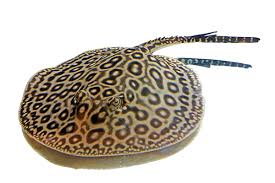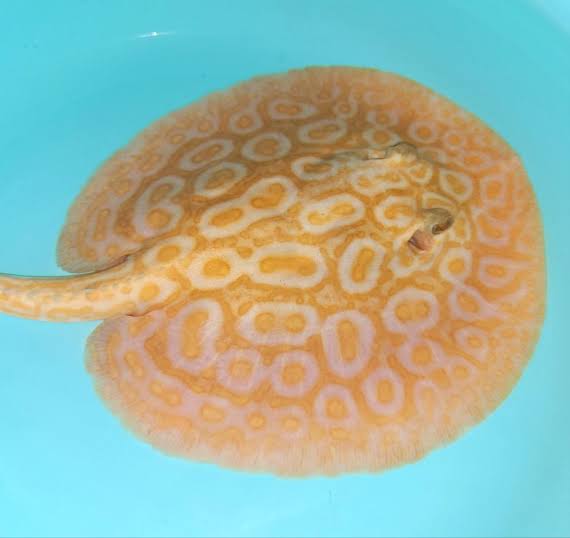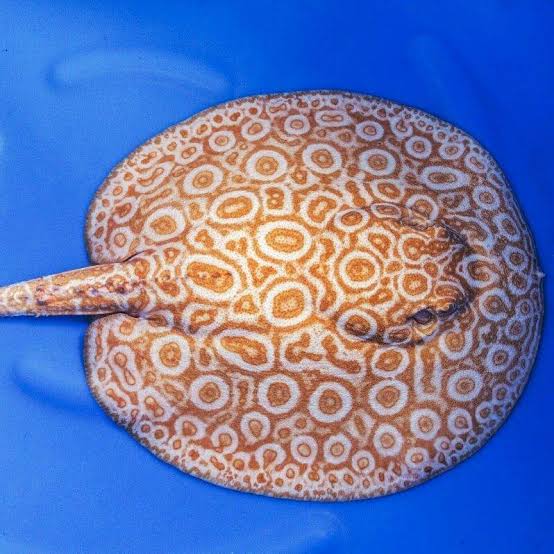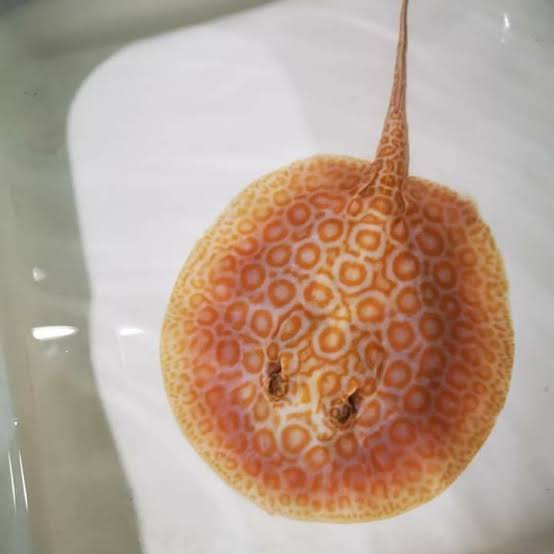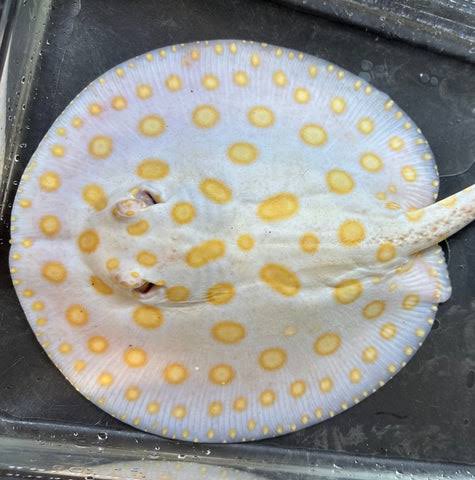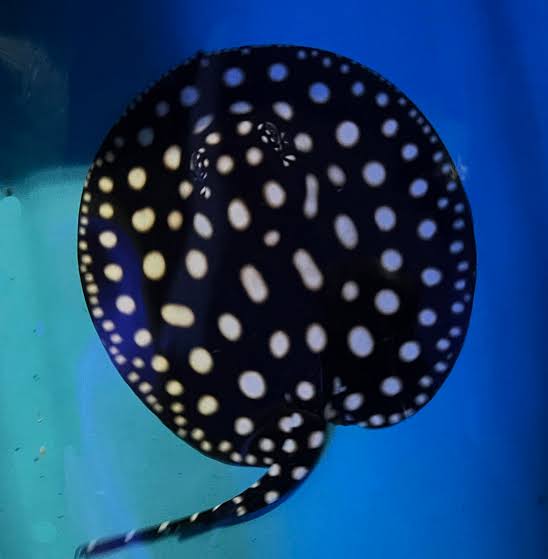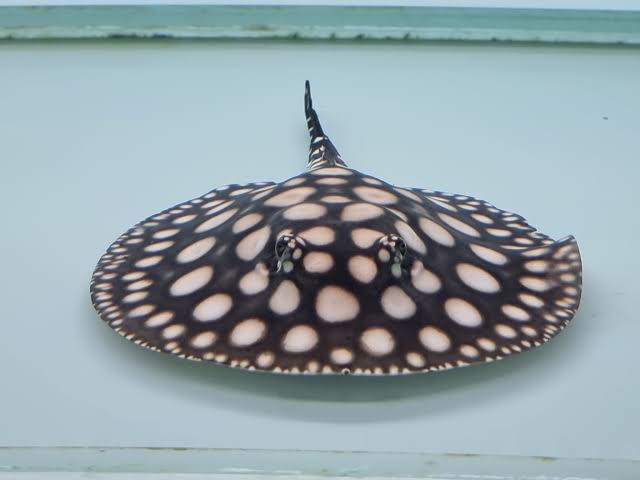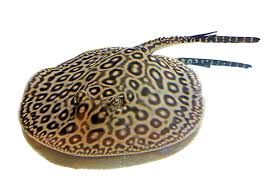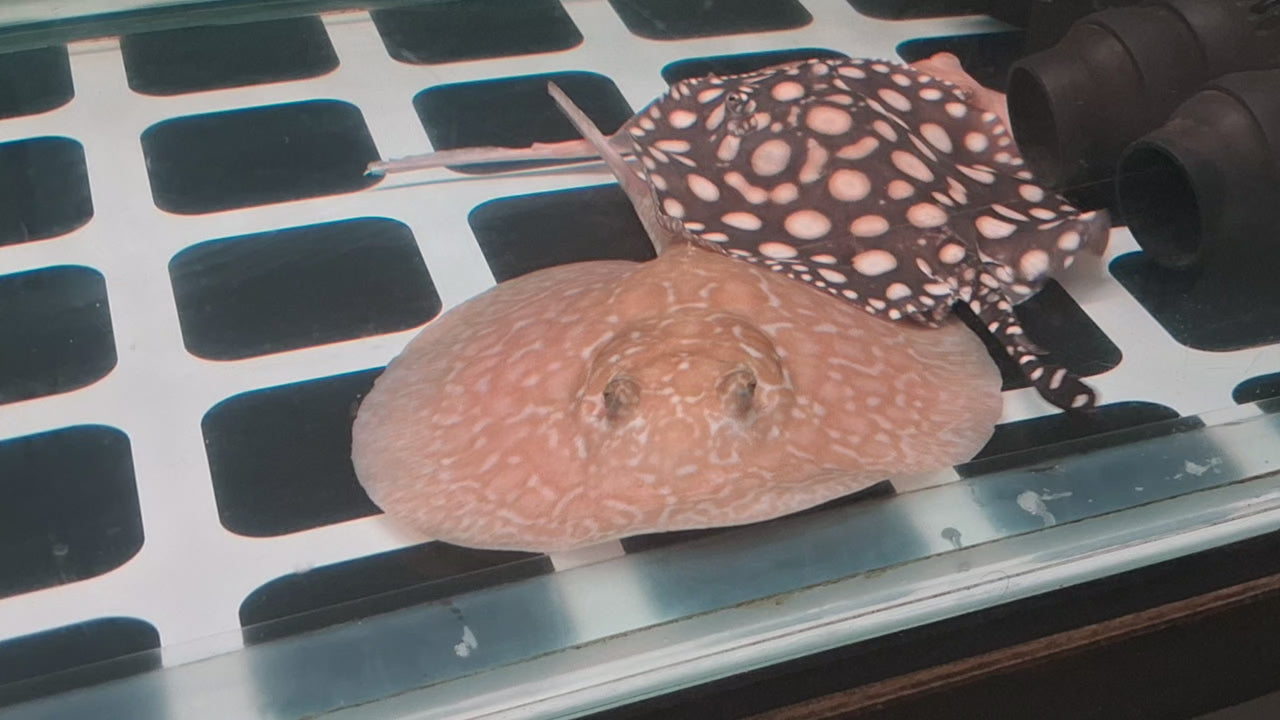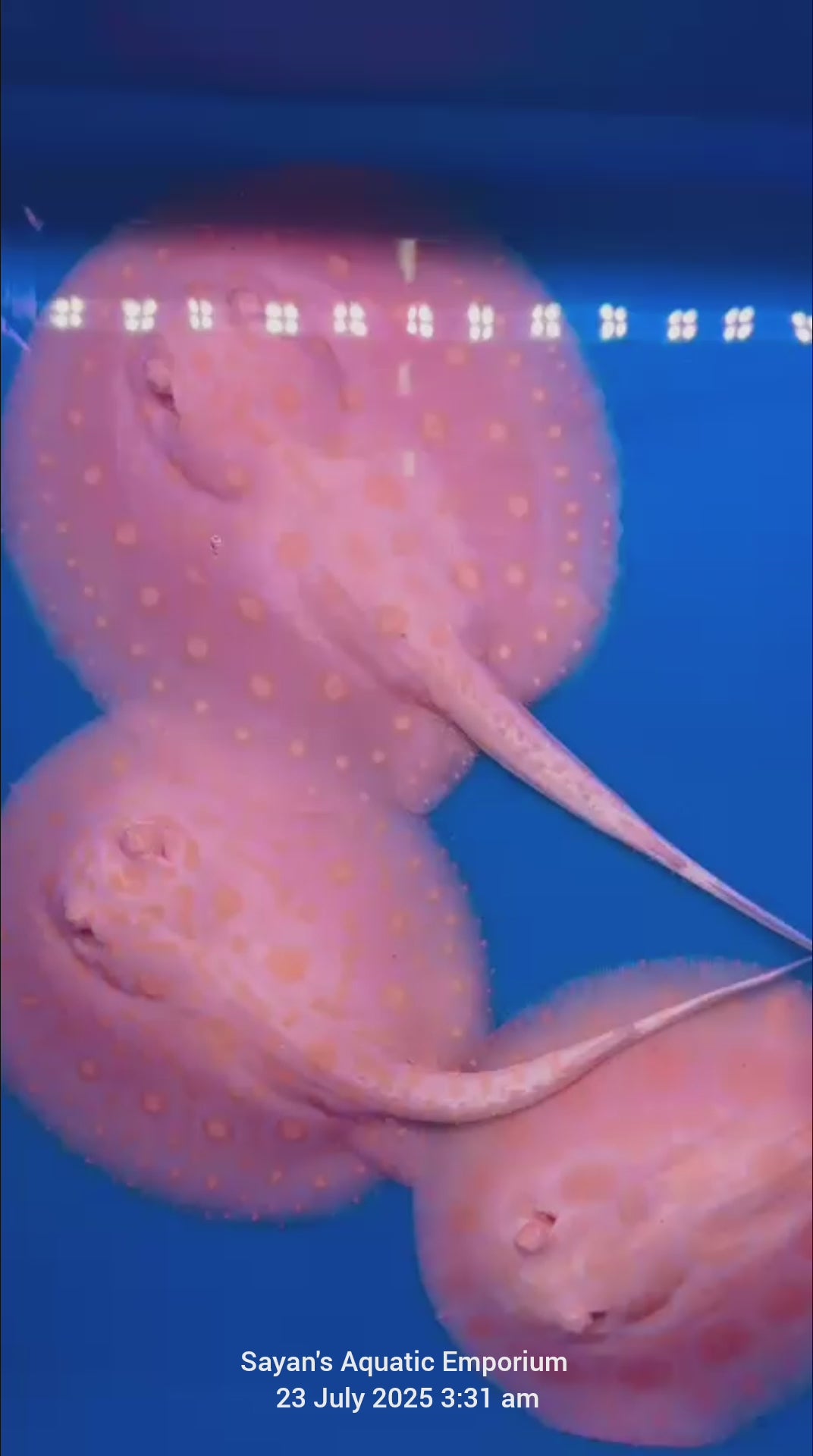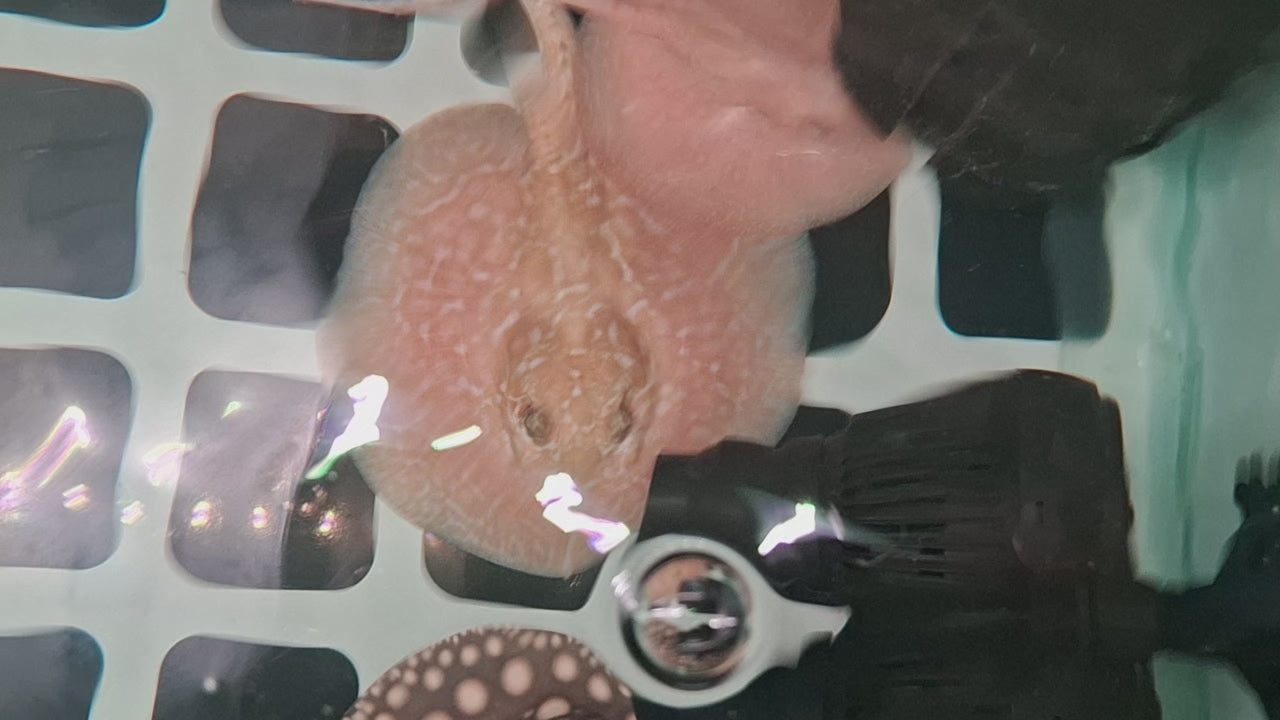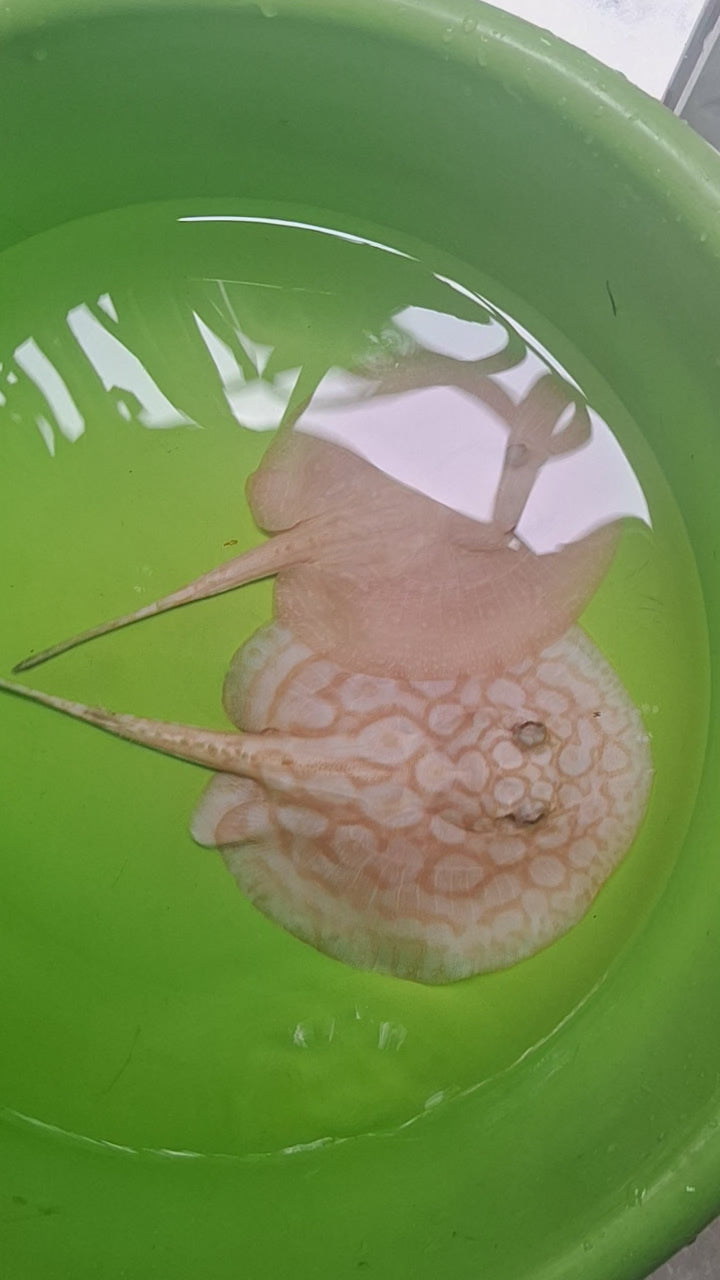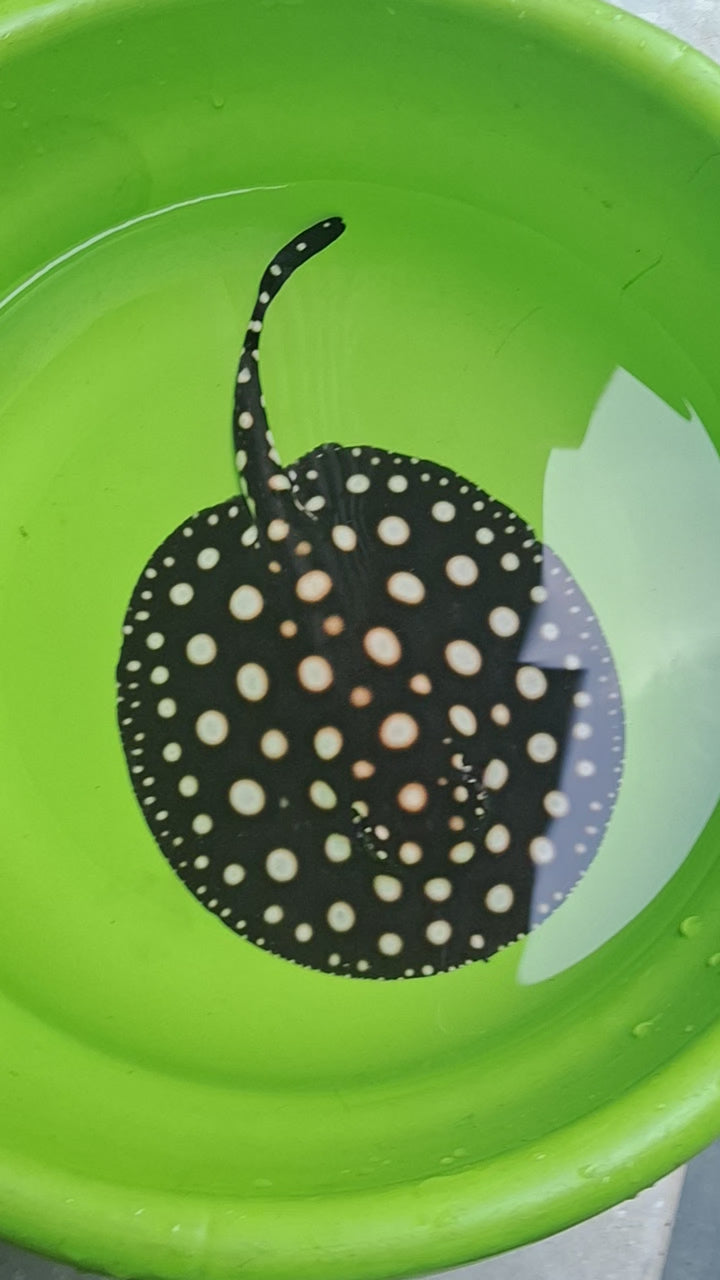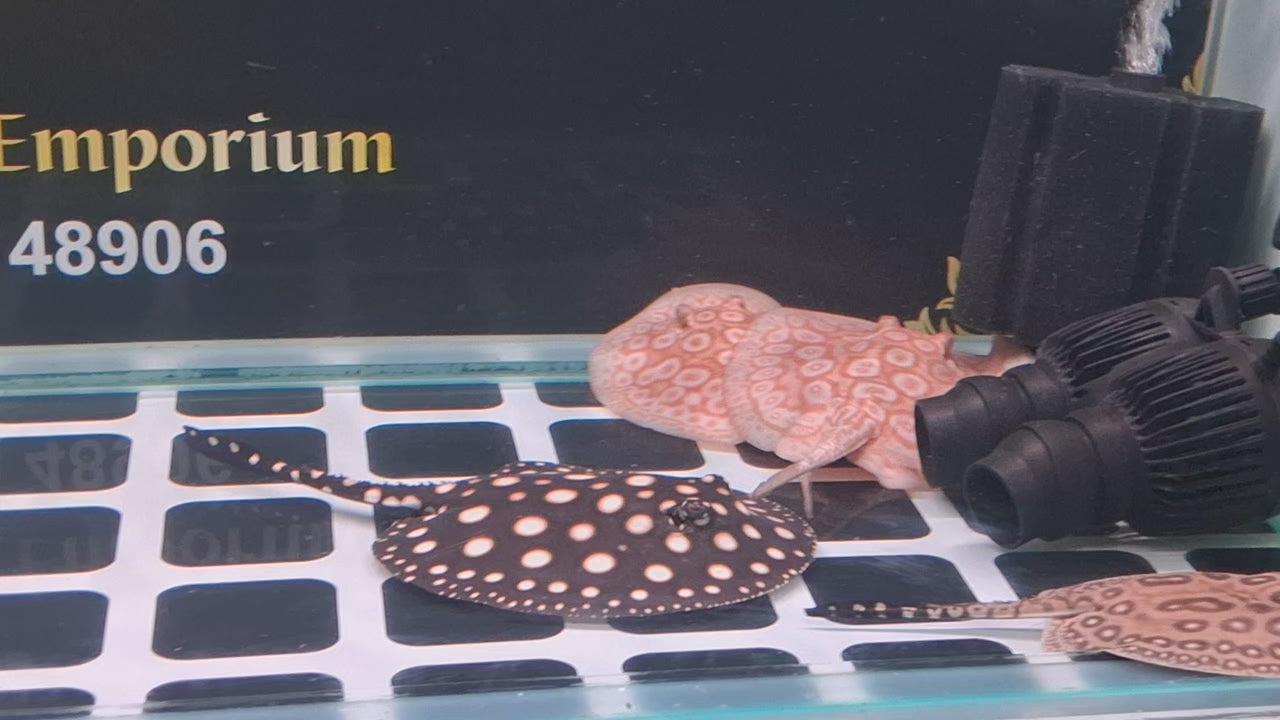SAYAN'S AQUATIC EMPORIUM
Fresh Water Stingrays
Fresh Water Stingrays
Couldn't load pickup availability
Freshwater stingrays, belonging to the Potamotrygonidae family, are captivating fish known for their disc-shaped bodies and long tails. They are popular in the aquarium hobby due to their unique appearance and behavior, but require a large tank and experienced care. While generally docile, they possess a venomous barb on their tail, requiring caution when handling.
Key characteristics of freshwater stingrays:
Appearance:
They have a flattened, disc-like body with a long, slender tail, often adorned with intricate patterns and colors.
Habitat:
Native to South America's freshwater rivers, they are adapted to this environment unlike most stingrays.
Size:
They can grow to a considerable size, with disc diameters of up to 18 inches (46 cm) and tails reaching 1 foot (30.5 cm) in length.
Behavior:
They spend much of their time on the bottom of the tank, partially buried in the substrate, and are known to be relatively peaceful but can be territorial.
Aquarium Requirements:
They need a large tank (at least 125 gallons for smaller species, larger for others) with soft, slightly acidic water (pH 6.0-6.8) and a sand substrate.
Diet:
They are carnivores and should be fed a varied diet of meaty foods like bloodworms, shrimp, and small fish.
Compatibility:
While they can be kept with some larger, compatible fish, they are not generally community fish and may eat smaller tank mates.
Breeding:
They are ovoviviparous, meaning the young develop inside the mother and are born live.
Important considerations:
Experience Level: Freshwater stingrays are not beginner-friendly and require a dedicated and knowledgeable aquarist.
Tank Size: Providing a large enough tank is crucial for their well-being and to minimize aggression.
Compatibility: Research potential tank mates carefully, as some fish may become prey.
Water Quality: Maintaining proper water parameters is essential for their health.
Share
